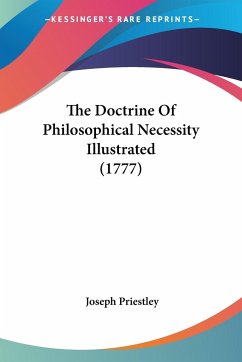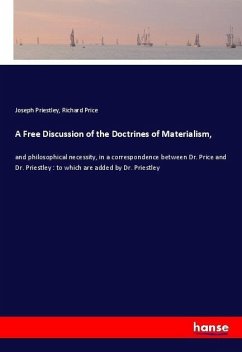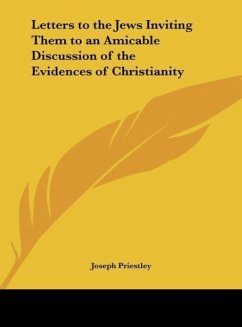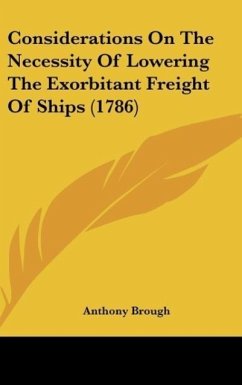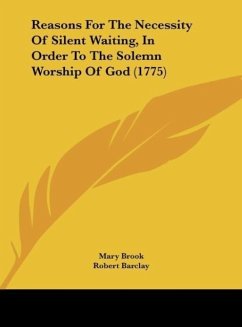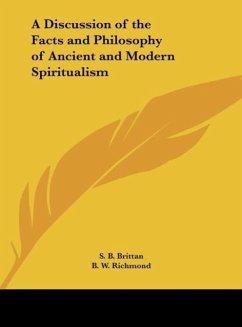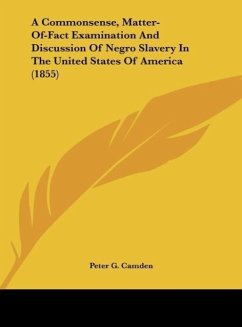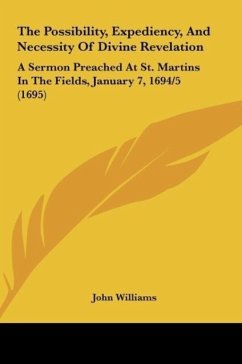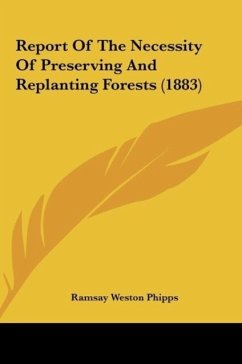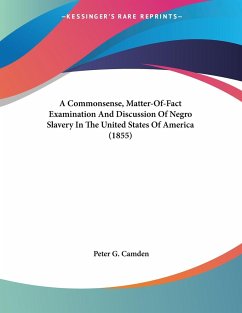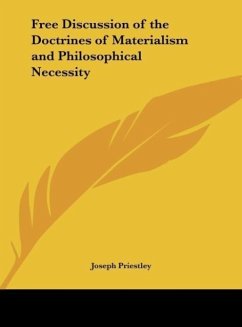
Free Discussion of the Doctrines of Materialism and Philosophical Necessity

PAYBACK Punkte
21 °P sammeln!
1778. This volume contains a correspondence between Dr. Price and Dr. Priestley, to which is added an introduction, explaining the nature of the controversy and letters to several writers who have animadverted on Dr. Priestley's disquisitions relating to matter and spirit, or his treatise on necessity. Due to the age and scarcity of the original we reproduced, some pages may be spotty, faded or difficult to read. Written in Old English.



